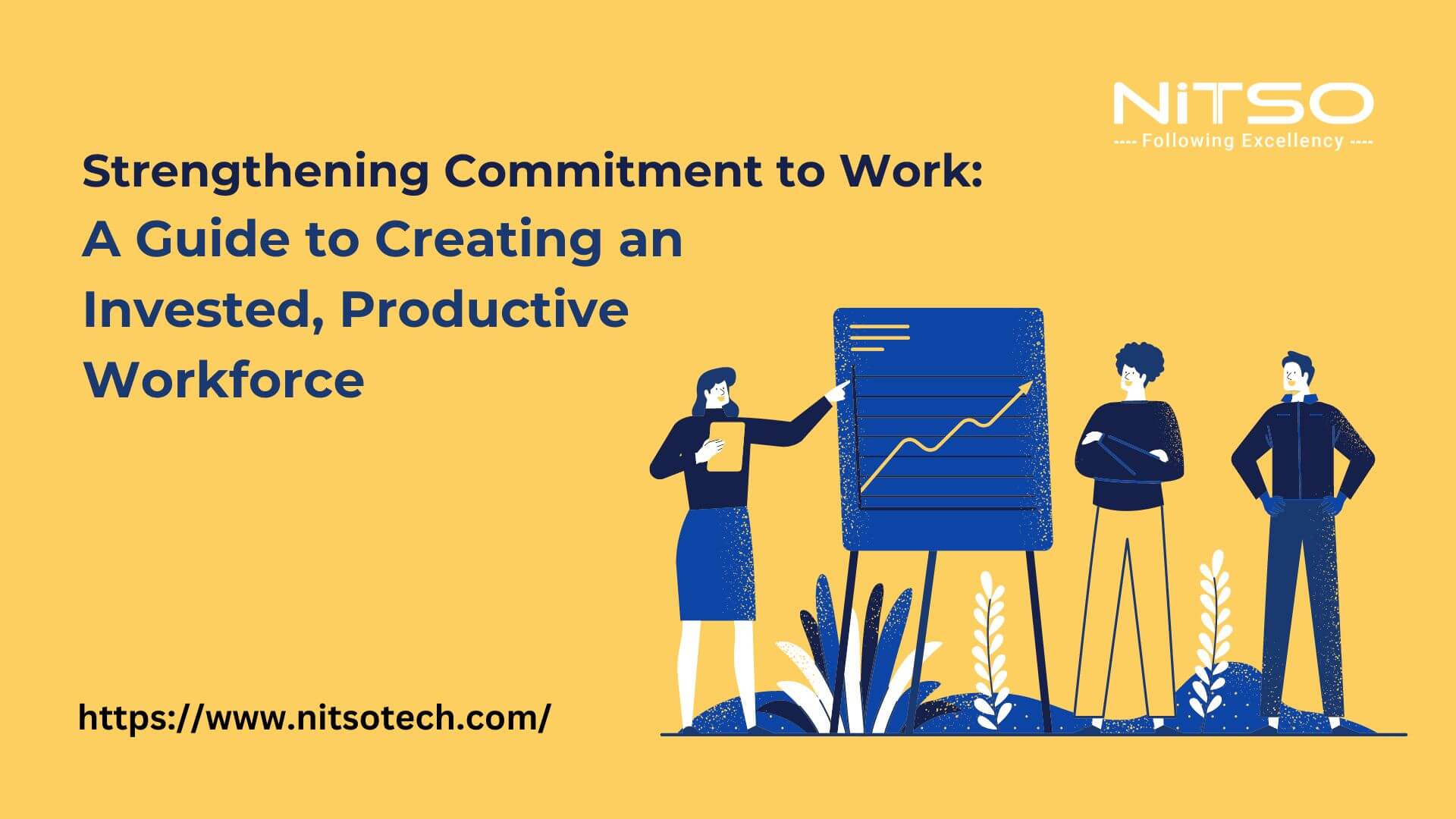
 Why Dedication to Your Job Matters" width="1920" height="1080" />
Why Dedication to Your Job Matters" width="1920" height="1080" />
In today’s competitive job market, it’s more important than ever for employees to demonstrate a strong commitment to their work. But what exactly is work commitment, and why does it matter so much to employers?
Commitment to work refers to an employee’s dedication to their job, organization, and mission. It goes beyond just showing up and putting in time – it means truly believing in what your company represents and standing behind its goals and values. Employees with high commitment to work feel a sense of connection to their roles and are willing to put in extra time, effort, and sacrifice to see their organization succeed.
Work commitment pays off for both employees and organizations. This article will explore why it’s so important, how to build a culture that fosters it, and what you can do as an employee to strengthen your commitment to work. Let’s dive in!
Work commitment is characterized by a strong belief in and acceptance of an organization’s goals and values. Employees who demonstrate high commitment to work align their own goals with that of the company and work diligently to fulfil the organization’s mission and vision.
Some common commitment to work examples include:
While commitment at work manifests differently across roles, these examples illustrate what a highly dedicated worker looks and acts like within an organization. Developing this level of commitment pays rewards for both the employee and the employer.
Helen Keller once wisely stated:
I long to accomplish a great and noble task, but it is my chief duty to accomplish small tasks as if they were great and noble.
This sentiment powerfully captures the essence of work commitment. True dedication is not defined by the prestige or visibility of the work itself, but by the integrity and purpose we bring to whatever we do. Even small roles and everyday tasks matter when done well and with a commitment to excellence.
The lowest level where employees adhere to basic rules and expectations but are not emotionally invested or particularly motivated. They simply want to keep their jobs. Some additional characteristics are:
Employees identify with the organization’s goals and feel a sense of belonging. They exert effort mainly to support the organization. Some additional characteristics are:
The highest level where employees are fully engaged and passionate about their roles. Their values align with the organization’s values. Some additional characteristics are:
Building internalization commitment should be the goal to create an inspired, productive workforce. This requires tapping into employees’ inherent motivations and sense of purpose.

Developing a strong commitment to work among employees comes with many benefits for organizations. Workers who feel invested in their company’s success will go above and beyond to help the organization thrive.
Some of the key positive impacts of high work commitment include:
On the flip side, low commitment to work can significantly impair an organization’s effectiveness and undermine its goals. Employees who feel disconnected or unsatisfied with their jobs tend to underperform and disengage, leading to some notable consequences.
Some of the potential downsides of poor work commitment include:
Fostering a commitment to work is critical for avoiding these mistakes that jeopardize an organization’s performance and health. When commitment lags, it harms productivity, service quality, efficiency, and collaboration.
With the many benefits of high commitment at work and the risks of low commitment, it’s clear why it’s so important for organizations to cultivate dedicated, engaged employees.
Here are some key reasons why work commitment should be a priority:
While most employees want to feel engaged and committed to their work, various factors can hinder that mindset. Understanding the barriers to commitment at work enables organizations to proactively address issues.
Some common obstacles that hamper work commitment include:
There are many strategies organizations and individuals can use to overcome obstacles and enhance work commitment. Here are some best practices:
By focusing on clarity, communication, development, well-being, and culture, both employers and staff can significantly strengthen their commitment to work. Small consistent efforts blend over time into an engaged, dedicated workforce.
Work commitment is a crucial ingredient for organizational success. Employees who feel invested in their company’s purpose and goals will go above and beyond to help the organization thrive. Their engagement and dedication drive better performance across all metrics. Visit to know about Performance Management Systems (PMS).
However, lack of clarity, minimal rewards, poor leadership, and other barriers can deteriorate work commitment. Organizations must be bold about assessing and enhancing engagement levels through open communication, professional development initiatives, proper recognition and compensation, and fostering an inclusive culture where employees feel their contributions matter.
With the right strategies, any organization can develop an exceptional level of commitment to work among its workforce. As the job market grows more complex, developing engaged, loyal teams will only grow in importance. Prioritizing work commitment now will prepare any organization to successfully navigate the challenges ahead.
Employees with high work commitment tend to have greater job satisfaction, career advancement opportunities, and recognition from leaders. They feel their work is meaningful which motivates them.
Signs of low commitment include frequent absenteeism, lack of engagement, low productivity, and showing little interest in advancement. Employees may do the bare minimum.
Organizations can improve commitment by setting clear goals, offering development opportunities, giving regular feedback and recognition, promoting work-life balance, and fostering positive relationships among staff.
Engaged employees tend to be more productive, loyal, and willing to go the extra mile. But employee happiness also matters for retention and attraction. Organizations need both engagement and happiness.
Signs of eroding work commitment include lacking energy at work, frequently complaining about your job, feeling disconnected from the company’s mission, and dreading going to work.
Have an open discussion with your manager on factors causing you to disengage. Look for ways to challenge yourself in your role. Consider transfer opportunities that align with your strengths/interests.